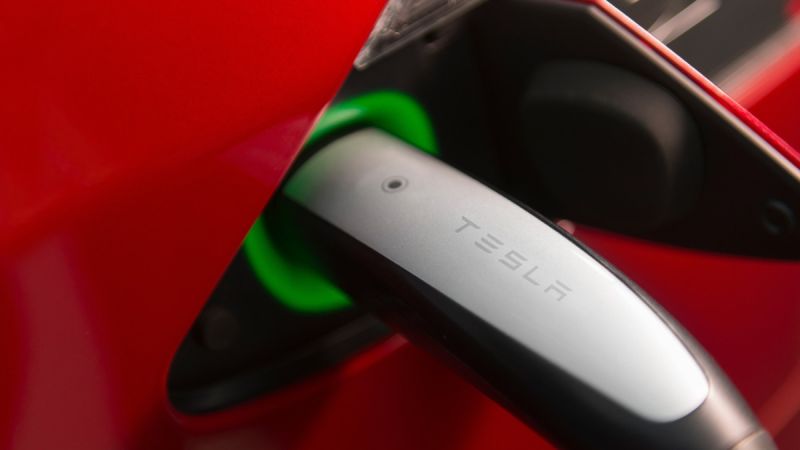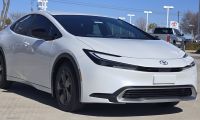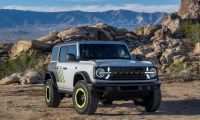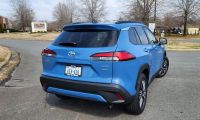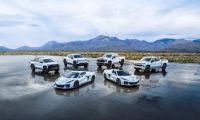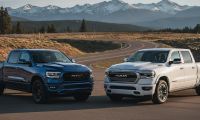As per Reuter´s report, “…German automaker Mercedes-Benz said on Friday its electric vehicles in North America will adopt the Tesla-developed charging technology from 2025 and also get access to more than 12,000 of its Superchargers from next year. Tesla shares were up about 1% in morning trade”.
They went on to say that “…The company joins a slew of automakers who have adopted the North American Charging Standard (NACS) as they try to expand their network of fast-chargers in an attempt to make owning EVs easier”.
The report from Reuters also mentioned that “…Tesla's Superchargers account for about 60% of the total number of fast chargers in the United States, according to the U.S. Department of Energy. Mercedes-Benz also plans to simultaneously expand its charging network with more than 2,500 high-power chargers in North America”.
Mercedes Benz's move is seen as a significant step towards the EV adoption and a concerted effort to rapidly transition towards a carbon-neutral future. An industry source was quoted saying, “… By embracing Tesla's charging standard, Mercedes is signalling faith in the EV adoption potential and taking steps to ensure its clientele has minimal charging woes”.
Interestingly, the report suggests that the agreement could be a testimony to the rising dominance and influence of Tesla in the global EV charging market. However, it remains to be seen how this partnership would shape up, considering the fierce competition and complexities in the electric vehicle market. Still, many consider this as a positive reaction to consumer concerns over charging infrastructure and accessibility for electric vehicles.
As part of the plan, Mercedes also expressed its interest in unveiling a fleet of new models to make use of the expanded charging network. The specifics of these models are yet to be announced but, the German automaker has hinted at an increased focus on luxury and sustainability. Also, the use of their own high-power chargers alongside Tesla's Superchargers could potentially offer Mercedes EV drivers more autonomy. The transition to the new technology is predicted to strengthen their position, pitting them in direct competition with other key players in the EV market.
Furthermore, there are whispers that Mercedes might invest in technology to allow for increased charging speeds in future models. It is also speculated that their vehicles will incorporate technology that ensures compatibility with other charging networks, along with Tesla's, thus ensuring a seamless customer experience across varied infrastructure platforms.
In an era where electrification has become the "term du jour", a diverse and extensive charging network becomes the perceived lynchpin for customer convenience and satisfaction. Mercedes seems to be mindful of this fact and is thus, working to ensure seamless integration of varied charging services.
The German automaker's decision to adopt Tesla's charging standard could revolutionize the competitive landscape of the EV market, and experts suggest this might provoke a shift in the strategies of other big players.
According to the same source, the initiative underscores the importance of a mature charging infrastructure in advancing the adoption of EVs. By partnering with Tesla – the entity that arguably kicked off the electric vehicle revolution – Mercedes may inspire other manufacturers to follow suit. This strategy, thus, may change the tides for EV adoption, potentially leading to an accelerated shift towards a future dominated by electric vehicles.
"There is much anticipation about the ripple effects of this decision. The display of confidence in Tesla’s charging network by an automaker of Mercedes' stature, spells positive implications for both companies in the space of EV market," as stated by an industry analyst.
The future of charging seems to be cross compatibility and the unification of charging standards. This not only simplifies the charging experience for EV owners but also fosters an environment that fortifies partnerships and solidifies the burgeoning advancements in the EV field. This move can be seen as a precedent for industry-wide collaboration, one that may pave the way for consumer benefits and enhanced EV adoption rates.
What do you think? Let us know in the comments.
Source: Mercedes Media.
Nico Caballero is the VP of Finance of Cogency Power, specializing in solar energy. He also holds a Diploma in Electric Cars from Delft University of Technology in the Netherlands, and enjoys doing research about Tesla and EV batteries. He can be reached at @NicoTorqueNews on Twitter. Nico covers Tesla and electric vehicle latest happenings at Torque News.
Set Torque News as Preferred Source on Google


